Greece vs. Turkey
1974 - ongoing by 2011
Core issue: Ethnic tensions in Cyprus between the Greek Cypriot majority and Turkish Cypriot minority, culminating in Turkey's invasion of the island and cementing the division of the island
Type of conflict ending: Conflict ongoing by 2011
The conflict between Turkey and Greece relates to the control over the island of Cyprus, and the rights
of Greek and Turkish people living on the island including territorial disputes in the Aegean Sea.
The relations between Greece and Turkey have historically fluctuated between friendly and outright
hostile over this issue. Cyprus gained independence from Great Britain in 1960. The political system
and its constitution were the result of negotiations between the United Kingdom, Greece and Turkey,
with the aim to ameliorate growing tension between Greek and Turkish Cypriots. However, the main independence group, the National Organization of Cypriot Fighters (EOKA), was closely aligned with Greece, what the Turkish minority in Cyprus and Turkey perceived as a threat to the independence
of the island.
The new constitution conferred minority rights to the Turkish living in Cyprus and was conceived as a way to ease tensions. However, this was not successful as nationalist movements continued to become more polarized and grew in size through support by both Greece and Turkey. This development culminated in
a Greek-backed coup on July 15, 1974, which established a new puppet state in Cyprus with close ties to
the Greek military junta in Athens. Turkey responded on July 20 by invading the island. This war mainly took place between Greek and Turkish militaries. The first rounds of peace talks were conducted between the two countries only. However, fighting resumed and the war ended through an intervention by the United Nations. In consequence, a ceasefire agreement between Turkey and Greece was signed which implemented demilitarized buffer zone monitored by the UN which froze the conflict between Greece
and Turkey.
The Greeks negotiated for a unified federal state, while the Turkish wanted complete autonomy for
the Turkish minority. Despite these opposing viewpoints, there were positive developments in relations
on all sides, leading up to 1983. Both Greece and Turkey agreed on an UN-backed plan to unify Cyprus
and remove military forces. However, on November 15, 1983, the Turkish Cypriots declared independence, creating an independent state called the Turkish Republic of Northern Cyprus. While the move was condemned by the international community, Turkey quickly recognized the new state, which further deteriorated relations with Greece.
Since the 1980s, tensions have remained high between Greece and Turkey, with the Cyprus issue being
the largest point of contestation. This is visible in disputes over the failure to recognize maritime rights,
as well as the control of airspace. There have been numerous incidents where military conflict was possible, such as the Aegean crisis in 1987, when a Turkish ship was nearly sunk by Greek forces for entering
Greek-controlled waters or the Greek-Turkish crisis in 1996 over the control of the uninhabited Imia
islets. The dispute over territorial waters in the Aegean, which has been a consistent dispute, was further complicated in the 2000s with the discovery of hydrocarbons. The continued inability to resolve the core issue of territorial rights in the Aegean Sea and more importantly, Cyprus, has created an unresolved
frozen conflict as of 2011.
Sources
Binder, D., 2012. "Greece, Turkey, and NATO", Mediterranean Quarterly, 23 (2), 95-106.
Dimitrakis, P., 2008. "Intelligence for Crisis Management: The Case of the January 1996 Greek-Turkish Crisis", European Security, 17 (4), 455-493.
Fisher, R.J., 2001. "Cyprus: The Failure of Mediation and the Escalation of an Identity-Based Conflict to an Adversarial Impasse", Journal of Peace Research, 38 (3), 307-326.
Kariotis, T.C., 2011. "Hydrocarbons and the Law of the Sea in the Eastern Mediterranean: Implications for Cyprus, Greece, and Turkey", Mediterranean Quarterly, 22 (2), 45-56.
Rizas, S., 2009. "Managing a conflict between allies: United States policy towards Greece and Turkey in relation to the Aegean dispute, 1974-76: Cold War in the Aegean", Cold War History, 9 (3), 367-387.
Tsakonas, P.J., 2001. "Turkey's Post-Helsinki Turbulence: Implications for Greece and the Cyprus Issue", Turkish Studies, 2 (2), 1-40.
